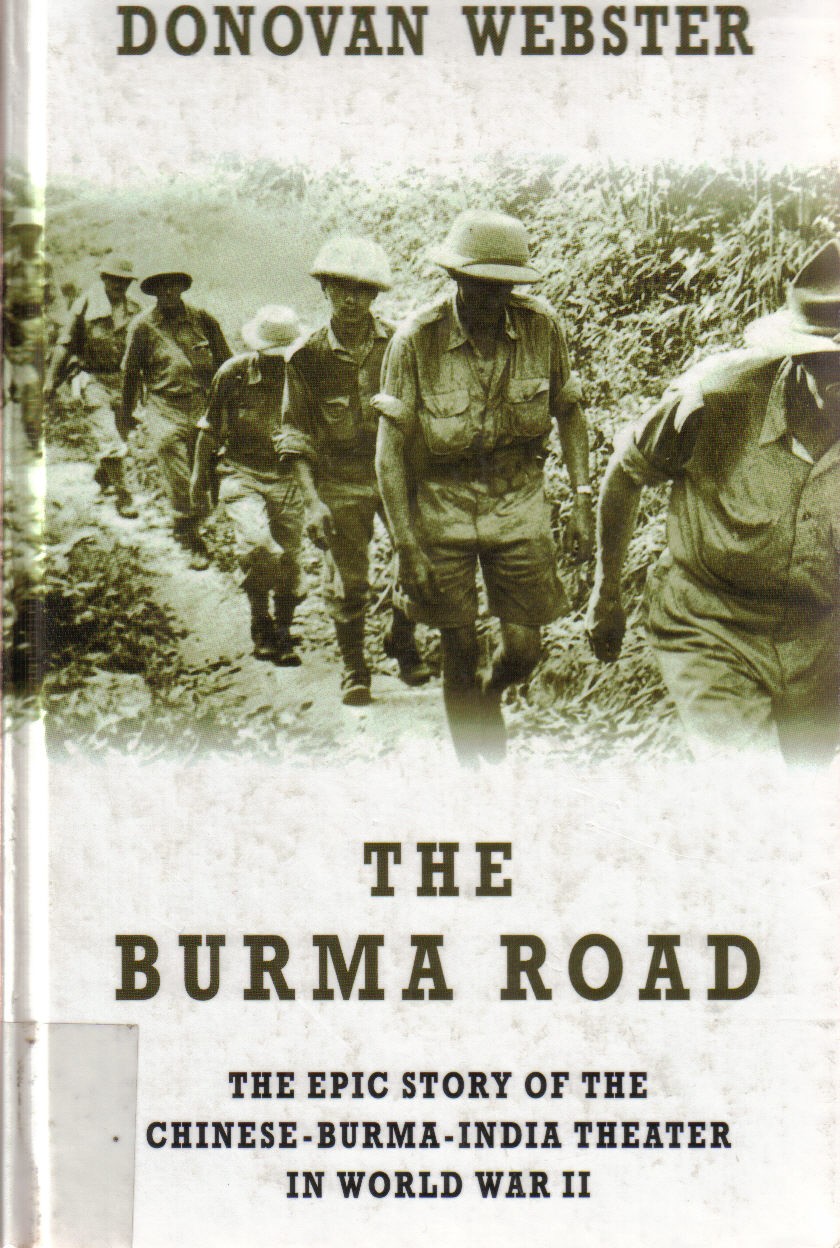Honoring Vets: Ray Matsumoto's heroic contribution
The Burma Road: the Epic Story of the Chinese-Burma-India Theater in World War II © Donavan Webster
© 2007 Beth HelstienNext week we will pause to honor the veterans among us: the men and women whose service to our country was military. While I stand in the anti-war camp, I am still in awe of the sacrifice and the courage of these people. Many of us know that islander Roy Matsumoto received the Legion of Merit for his service in World War II.
I read The Burma Road a couple of years ago, mostly by accident, and I wasn’t expecting to find the story of one of my neighbors in it. I’m interested in Asia, (mostly India and China), and I had just read the From the Land of Green Ghosts: a Burmese Odyssey by Pascal KhooThwe. That memoir about one participant in the democracy movement in modern Burma (Myanmar) opened me to wanting more information about the history of that country.
The cover attracted me: black and white photos speak of historical content more than color; and the one face in a column of American soldiers looking out at the reader from this book cover is of Japanese heritage. And for these tired eyes, the book is in large print. I was hooked.
Webster attempts to walk the Burma road and recount its building. It is a complicated piece of the history of the World War II--history not known as well by most Americans as the story of the war in Europe.
No water, death and disease everywhere, constant fear. Matsumoto’s story includes creeping to the perimeter of an encircled American-held hilltop bastion and listening to the conversations of enemy Japanese in foxholes. He returned to camp with intelligence of attack plans; American troops were relocated, and when the Japanese attacked, they were cut down. Matsumoto screamed “charge” in Japanese and a second wave of attacking Japanese soldiers was eliminated.
I saw Matsumoto again this last Memorial Day, riding in the car down Spring Street to where my husband stood, representing the soldiers of the US Army who served in World War II.
A few days after that emotional ceremony, a visitor to the library spoke to me about a recent book, Spearhead: A Complete History of Merrill’s Marauder Rangers, by James E.T. Hopkins and John M. Jones. He had just had the same experience I had had: reading a book, discovering in it Matsumoto’s inspirational courage under duress, and wanting to celebrate this individual, (even though the library visitor was critical of Spearhead itself as being redundant and longwinded). It seemed that he felt connected to me through our shared experience of reading about Matsumoto in Burma. That’s one of the startling powers of books: books do not just instruct or inform--they bring us together.
Even though I have never spoken personally with Roy Matsumoto, I feel I know him. And let me say it here: thank you, Roy.
The Burma Road, like all books reviewed here, may be found at the San Juan Island Library.
